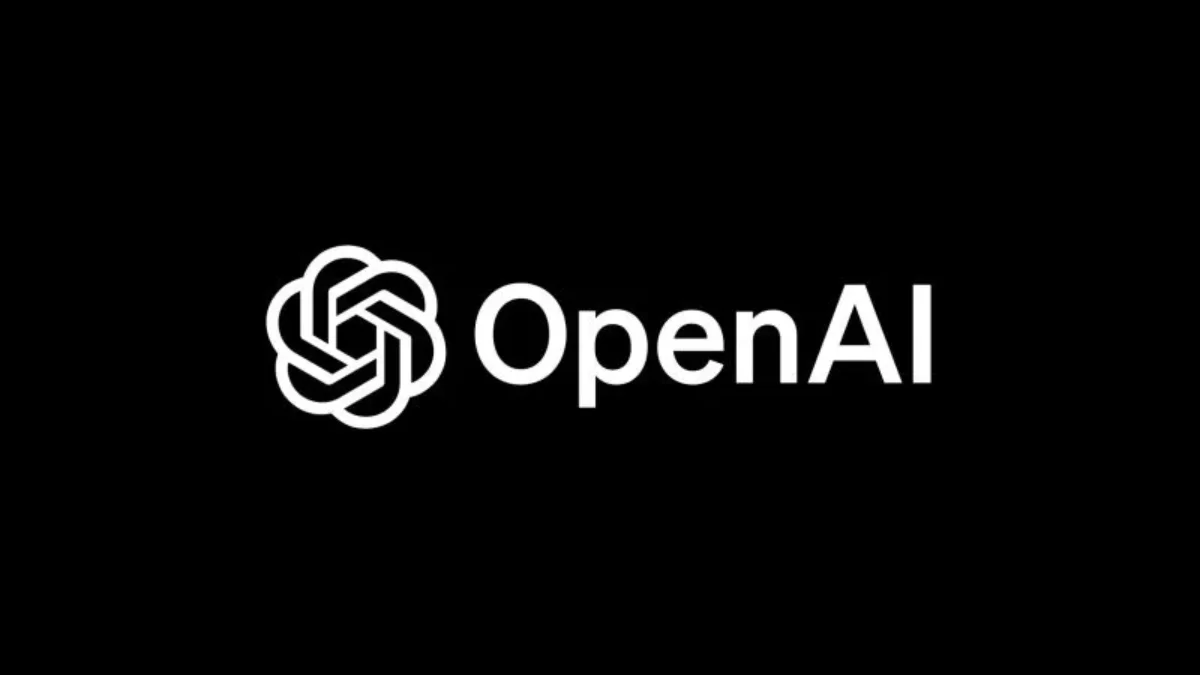Necessary Always Active
Necessary cookies are required to enable the basic features of this site, such as providing secure log-in or adjusting your consent preferences. These cookies do not store any personally identifiable data.
|
||||||
|
||||||
|
||||||
|

In Focus
A federal judge in the U.S., Mark Pittman of the Northern District of Texas, has denied a motion to dismiss the antitrust complaint by X Corp. and xAI, forcing Apple Inc. and OpenAI to remain in the case. The original report comes from Business Standard.
The lawsuit, filed in August 2025, alleges that Apple and OpenAI conspired to restrain competition in emerging artificial-intelligence markets. Specifically, it claims that Apple’s integration of OpenAI’s model into iOS constitutes an “illegal arrangement” that disadvantages rival AI firms and deprives consumers of choice. Recently, OpenAI has rolled out GPT-5.1, an upgraded version of its most advanced AI model, GPT-5.
Judge Mark Pittman’s refusal to dismiss the case has kept the antitrust action active, requiring Apple and OpenAI to file additional responses as proceedings continue. The complaint seeks billions of USD in damages and argues that Apple’s integration of OpenAI’s technology into the iPhone platform has harmed competition and limited consumer choice.
OpenAI’s response positions the lawsuit within a broader competitive conflict, stating that Musk’s entities are “waging a campaign of lawfare” aimed at impeding its development. In a move aimed at broadening access to generative AI tools, OpenAI has announced a ChatGPT Go free subscription India offer for a full year.
Key Competitive Issues Highlighted in This Phase
The ruling allowing the Apple-OpenAI litigation to move forward has amplified industry discussion around how AI partnerships may influence platform competitiveness. The complaint argues that embedding one provider’s generative-AI model deeply within iOS could constrain market openness, especially if competing providers face barriers related to access or distribution.
Apple’s position that it plans to work with multiple AI firms offers a counterpoint, yet the scrutiny demonstrates how collaborative models are increasingly being evaluated through regulatory and legal frameworks. Recently, Apple reportedly plans to launch a revamped version of Siri powered by Apple Intelligence in 2026.
Providers of AI technologies, platform operators, and enterprise buyers may need to reassess their integration strategies in light of this development. The ongoing case underscores the importance of establishing transparent, competition-aligned frameworks when deploying generative AI capabilities across large digital environments.
To remain compliant and resilient, organizations should examine whether their agreements:
These considerations will become increasingly relevant as AI capabilities move deeper into enterprise infrastructure and platform architectures.
The ruling that Apple and OpenAI must answer to the lawsuit marks a significant signal to the technology industry: large-scale collaborations between dominant platforms and AI providers, even absent a final finding of liability, now attract greater attention from courts and regulators.
As the AI industry advances into new phases of commercial deployment and ecosystem dynamics, B2B players must design partnership frameworks with competition-law visibility in mind.